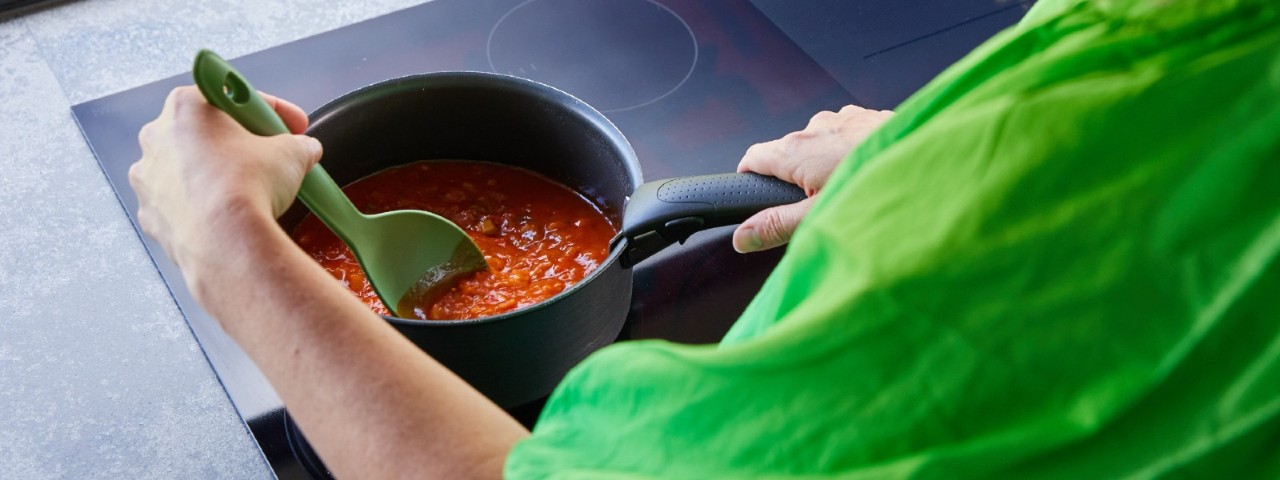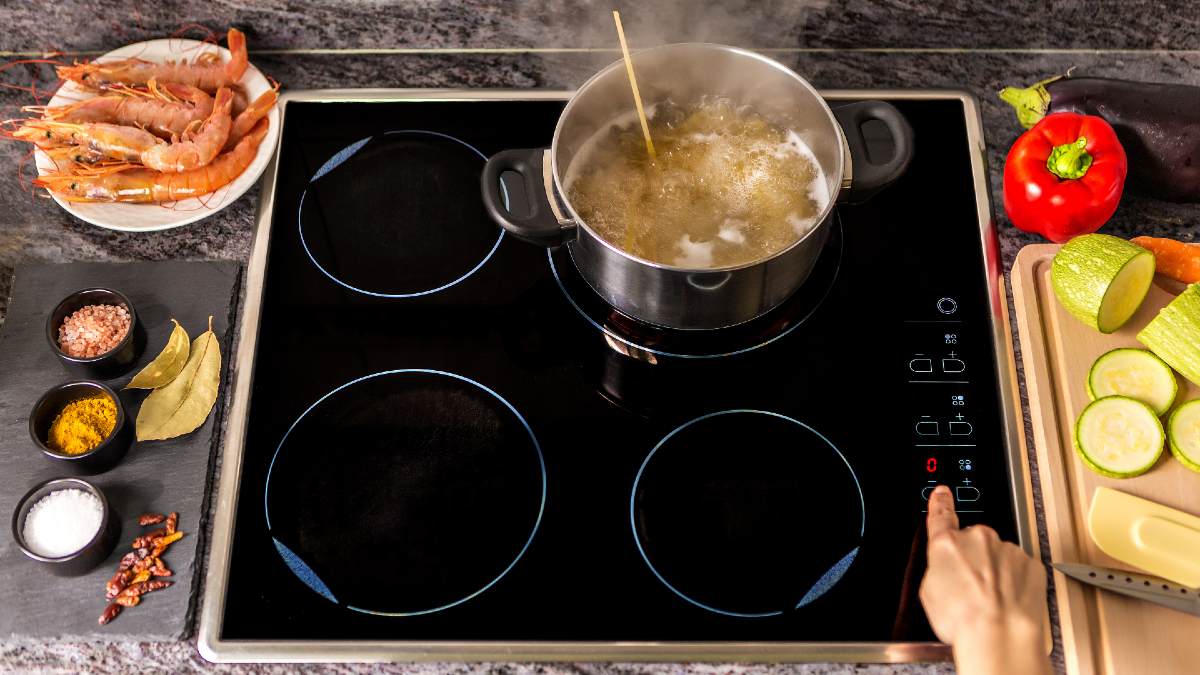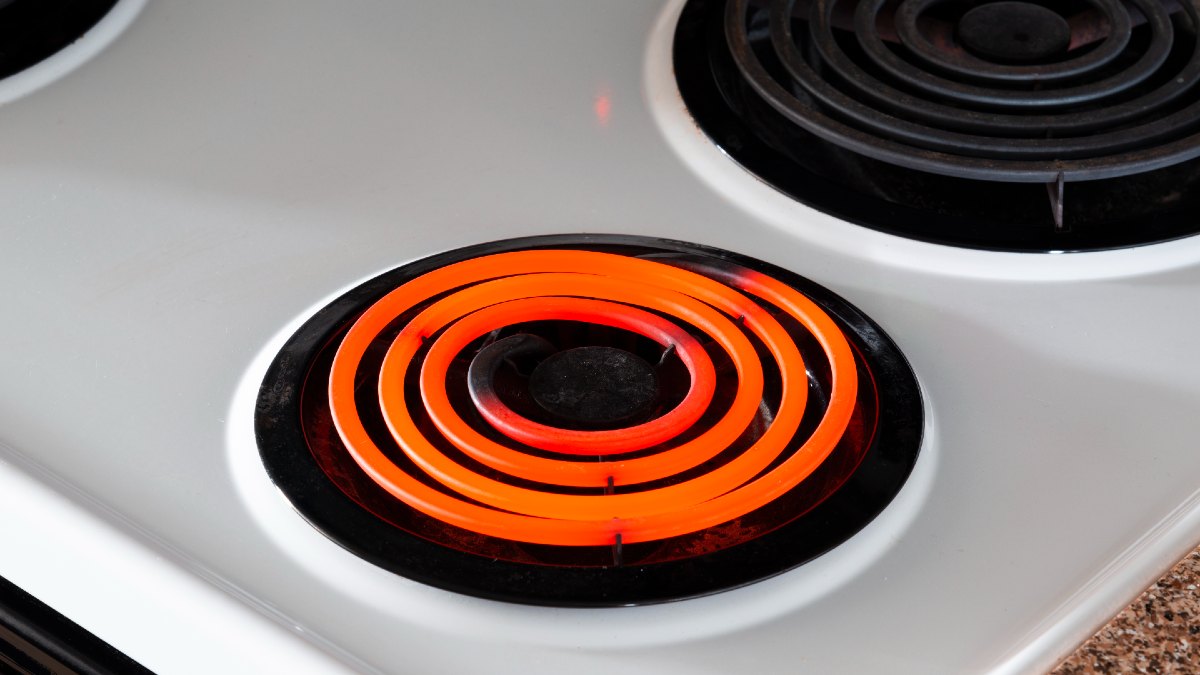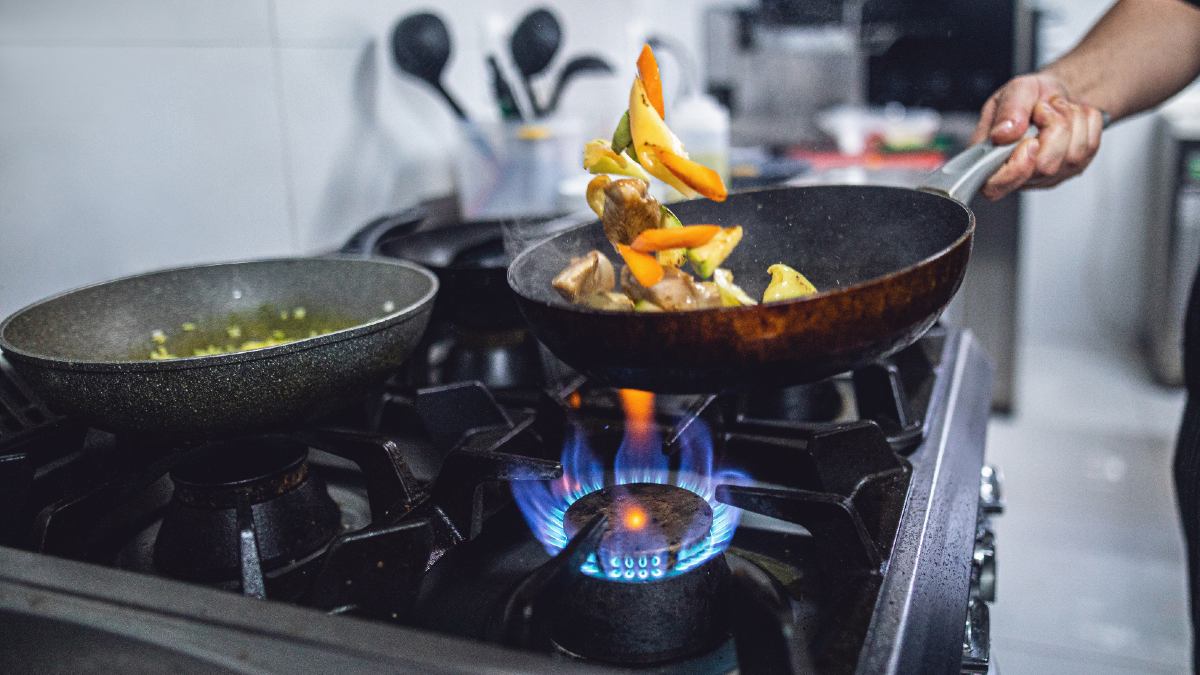Follow this kitchen reno guide for step-by-step advice on everything from the planning stage to hiring professionals.
Gas vs electric vs induction cooktops: things to consider and how to choose

Whether you’re renovating your kitchen or building a new house, your kitchen’s cooktop is one of the most important appliances to consider. Here are the pros and cons for induction, electric and gas cooktops to help you decide which style works for your kitchen.
A kitchen cooktop (also called a range or stovetop) is a key part of any household, allowing you to cook most types of food. Today’s market contains a massive range of cooktops to choose from, but they boil down to three basic choices: induction, electric or gas.
While gas cooktops have long been considered the choice of professional chefs and budding MasterChefs, replacing gas appliances with efficient electric appliances may save households money. It's also important to note that cooktops are required by law to be installed by a licensed and qualified professional.
Should I get a gas, electric or induction cooktop?
Induction cooktop: pros and cons
Induction cooktops are the most modern, advanced type of cooktop available to everyday consumers. It still uses electricity as fuel (which can be powered by solar), but it heats using electromagnetism. This technology passes an alternating electric current through metallic elements under the cooktop surface. This current is transferred directly to the base of your cookware rather than heating the cooktop surface itself.
Pros
Thanks to this electromagnetism, an induction cooktop cooks up to 50 per cent faster than a gas or electric cooktop while using less energy. It also immediately reflects changes in temperature. Because electromagnetism heats your cookware rather than the cooktop surface, an induction cooktop is much safer to touch and can be wiped down almost immediately after cooking.
RACV Club chefs now cook with induction cooktops thanks to their safety, efficiency and practicality in a professional setting.
Cons
You need to make sure your cookware is ‘ferromagnetic’: made from materials with a magnetic field, such as iron, cast iron, enamel or magnetic-grade stainless steel. Another difference is that some cookware can produce a humming or buzzing sound, although this is considered normal.
If you like stir-frying, you'll need to use a flat-bottomed wok, which you may find doesn't work as well as a round-bottomed wok on a gas burner because there's no heat going up the sides of the pan. This may be a small compromise, given the overall benefits.
Induction cooktops shouldn't be used if you, or anyone in your household, has a pacemaker. The electromagnetic magnetic field generated by an induction cooktop can interfere with the pacemaker. If in doubt, consult your doctor.

Induction cooktops heat your cookware using electromagnetism. Image: Getty
Electric cooktop: pros and cons
There are several kinds of electric cooktops; the most common are ceramic glass and coil burners.
Pros
Electric ceramic glass cooktops use coiled metal plates or halogen lamps beneath a layer of tempered ceramic glass to radiate heat onto your cookware. It’s a fairly energy efficient method of cooking.
Alternatively, electric coil burner cooktops are inexpensive and quick to heat your cookware, though it requires more electricity to run..
Cons
Electric cooktops retain heat even after they’re turned off, making them a hazard to curious children and pets who might touch the stovetop. These cooktops are also less responsive to temperature change requests, making precision cooking more difficult.
Electric coil burner cooktops can also be difficult to clean.

Electric cooktops retain heat even after they're turned off. Image: Getty
Gas cooktop: pros and cons
Gas stoves were the first ‘modern’ cooktop: an innovation produced in the 1800s as an easier alternative to wood-burning stoves, cast iron stoves and coal stoves. It burns gas to fuel a high-heat flame directly underneath your cookware.
Pros
The traditional gas cooktop is still used by many professional chefs because it provides instant heat, visual feedback and responsive temperature adjustments. It also provides the ability to char-grill, flambé and toast food. They are now a safer option for households because the law requires gas cooktops to shut the gas off once the flame goes out – for any reason.
Cons
On the other hand, gas cooktops are more difficult to clean thanks to their cast-iron trivets. The open flames they produce are more dangerous to cook with. Since they are fuelled by gas, your household will need to have a gas line and gas mains professionally fitted.
Keep in mind that new builds in Victoria can no longer have gas connections.

Gas cooktops are used by many professional chefs. Image: Getty
The verdict: best type of cooktop
Which type of cooktop is the best for your household depends on your priorities in the kitchen and your budget. Remember that licensed professionals must carry out the cooktop installation.
While it may take time to adjust to cooking without gas, an induction cooktop powered by renewable energy could prove to be the cheapest and most energy efficient option for your home over the long term.


